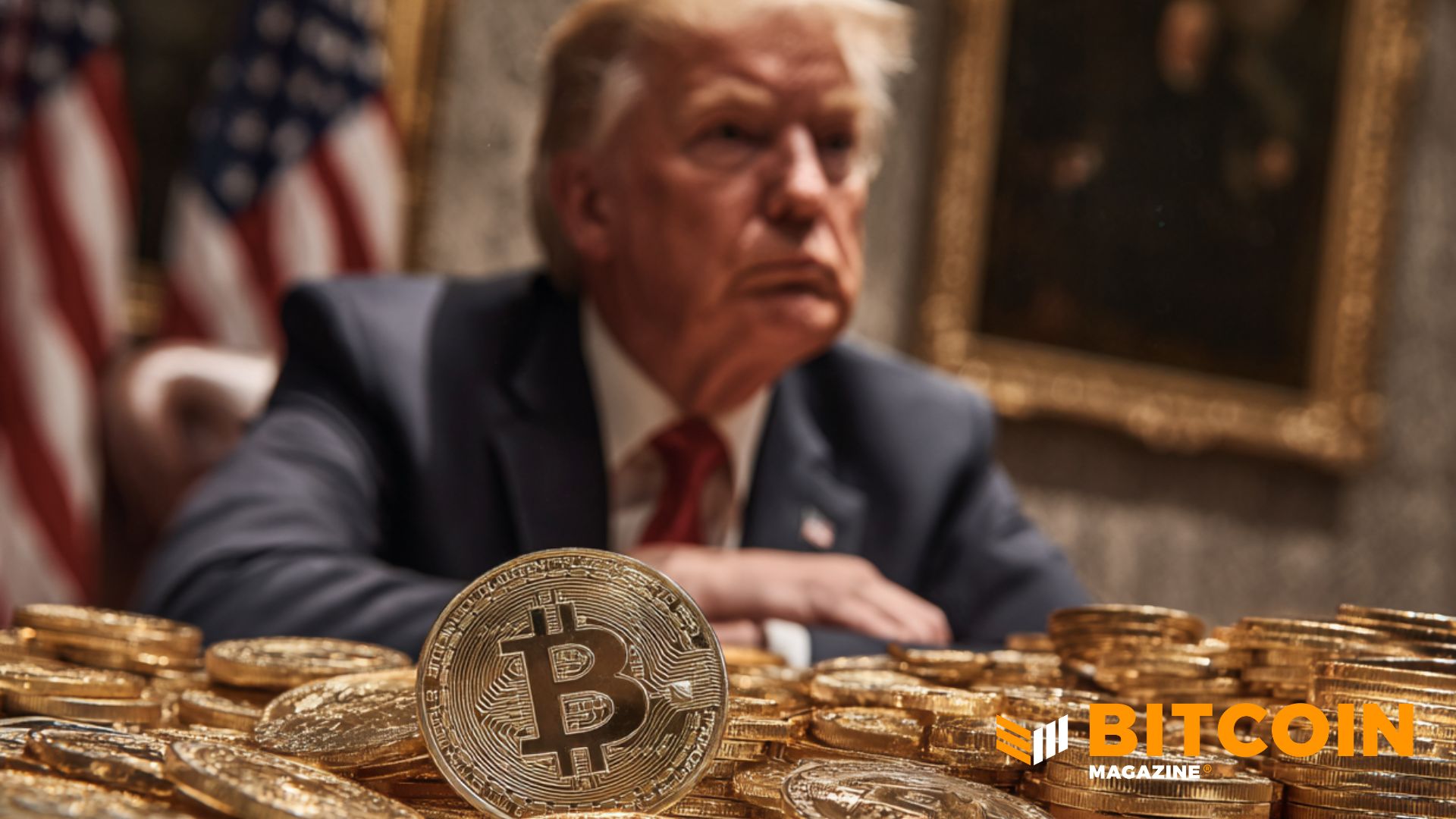#stablecoins
#stablecoins
[ follow ]
Venture
fromFortune
6 days agoAmerican Express and Visa alumni raise $4 million for Rhythmic, which partners with brands to provide financial products for their customers | Fortune
Rhythmic partners with consumer brands to embed stablecoin-powered stored-value accounts, payments, co-branded cards, and rewards to broaden mainstream stablecoin adoption.
fromFortune
2 weeks agoLevl raises $7 million to provide stablecoin infrastructure for fintechs | Fortune
Fintechs are increasingly adopting stablecoins-a non-volatile type of cryptocurrency typically pegged to the US dollar. When it comes to payments and money transfers, stablecoins offer clear advantages but developing the infrastructure to support them can be slow and costly. This is where Levl wants to fill the gap. The startup aims to build a platform where digital wallets and other fintechs can seamlessly send money around the world using stablecoins.
Startup companies
fromFast Company
1 month agoWhat are tokenized securities? Risks and what to know as stock exchange NYSE embraces the blockchain
The blockchain is coming to Wall Street. The New York Stock Exchange (NYSE) said on Monday that it was developing a platform to trade tokenized securities, digital representations of assets like stocks and bonds. But exactly when the 233-year-old financial institution will turn it on is still up in the air. Supporters of the technology argue that the change could modernize the NYSE, giving traders some of the same advantages that are enjoyed by investors in the cryptocurrency world.
Business
Business
from24/7 Wall St.
1 month agoPayoneer vs PayPal: Which Payment Processor Wins the Stablecoin War?
Payoneer focuses on B2B cross-border infrastructure with stagnant full-year growth and deteriorating earnings quality, while PayPal leverages scale for crypto integration and sustains higher margins.
Cryptocurrency
fromFortune
1 month agoStablecoins will shake up the $900 billion remittance market-setting up a fight between crypto firms and legacy brands like Western Union | Fortune
Stablecoins can drastically lower cross-border remittance costs, creating an opportunity for legacy remittance firms, crypto-native firms, and fintechs to compete.
US politics
fromFortune
1 month agoWorld Liberty Financial's bid for a U.S. bank charter raises new questions about Trump's crypto conflicts | Fortune
The Trump family launched crypto ventures including memecoins and World Liberty Financial, which applied for an OCC national bank charter to issue stablecoins.
fromBitcoin Magazine
2 months agoStablecoins: Evolution, Not A Revolution
Technologies tend to have a natural ceiling built into their utility and popularity. Once they've solved all the problems they can solve, their growth is effectively capped. As soon as all potato fans own a potato peeler, the peeler market's growth potential is largely tapped out. Indeed, the big question around AI at the moment is how many problems it will be able to solve. The market could already be overblown, or it could be practically limitless.
Venture
Venture
fromTearsheet
2 months agoHow TruStage Ventures built connective tissue between fintechs and credit unions - Tearsheet
Relationship-driven partnerships unlock credit union distribution; TruStage Ventures bridges fintechs and credit unions, enabling scaled adoption and rising demand for stablecoin solutions.
Digital life
fromFortune
2 months agoKlarna partners with Coinbase to receive stablecoin funds from institutional investors | Fortune
Klarna partners with Coinbase to accept stablecoin capital from institutional investors while expanding its crypto efforts, including launching KlarnaUSD and integrations with Stripe and Privy.
from24/7 Wall St.
2 months agoCircle Internet Wins Crypto Bank Charter. Is It a Buy Again?
In a major regulatory win for the cryptocurrency sector, the Office of the Comptroller of the Currency (OCC) has granted conditional approval for Circle Internet Group ( ) and Ripple to establish new national trust banks. The OCC also conditionally approved Paxos, BitGo, and Fidelity Digital Assets to convert their existing state trust licenses into national charters. These five approvals mark a significant step toward integrating digital asset firms into the federal banking system.
Cryptocurrency
fromBitcoin Magazine
2 months agoOCC Grants Conditional Approvals To 5 Crypto Firms
The U.S. Office of the Comptroller of the Currency (OCC) has granted conditional approvals for five digital asset firms - Ripple, Circle, Fidelity Digital Assets, BitGo, and Paxos - to become federally chartered national trust banks, marking a major milestone in the integration of cryptocurrency into traditional finance. The approvals, announced Friday, allow the firms to convert from state-level trust charters to federal status, subject to meeting the OCC's conditions.
Business
fromFortune
3 months agoPopular crypto lending service Aave to launch app in Apple store that offers high-yield returns to consumers | Fortune
The recent crypto boom has been marked by blockchain companies working to expand their appeal to mainstream consumers. That now includes Aave Labs, the developer behind a popular decentralized lending service, which on Monday announced plans to launch an app in Apple's App Store and opened up a waitlist for interested users. Aave is well-known in crypto as a leading project in DeFi, or decentralized finance.
Startup companies
E-Commerce
fromFortune
3 months agoVisa leans into AI-enabled payments and stablecoins to stay ahead of the game, says Asia-Pacific president Stephen Karpin | Fortune
Visa is launching AI-enabled payments enabling agentic commerce and testing stablecoin settlements to adapt to Asia's shift from cash to digital wallets.
fromBitcoin Magazine
3 months agoYou Can Use Cash App's New Feature To Pay With Bitcoin - Even Without Owning Any
Starting today, the app will let you pay with Bitcoin instantly - even if you don't hold any - by automatically converting your USD balance on the app into bitcoin for the merchant. In a series of app features announced today, the app will now spend bitcoin locally, pay in USD over the Lightning Network, and send or receive stablecoins.
fromFortune
3 months agoCoinbase calls off $2 billion deal for stablecoin startup BVNK | Fortune
One of the largest deals ever for a stablecoin startup has fallen through. Coinbase has called off acquisition talks with the U.K.-based BVNK, a spokesperson for the crypto exchange confirmed to Fortune. It wasn't immediately clear why Coinbase iced the deal, which had gotten as far as the due diligence process and seen the crypto giant and BVNK enter into exclusivity in October, meaning the startup couldn't entertain offers from other bidders.
Business
from24/7 Wall St.
3 months agoWill XRP Finally Break Past $5 by 2026?
XRP was on a wild ride in August. The token hit $3.66 back then, riding a wave of optimism that had traders excited about altcoins again. Institutions were buying, retail was jumping back in, and everything looked bullish. Then reality hit. Profit-takers showed up first, locking in gains after the August peak. Trading volume started dropping off, the broader crypto market lost steam, and XRP couldn't hold the highs.
Business
[ Load more ]



























































